Floppy Disk Fever. The Curious Afterlives of a Versatile Medium explores the curious afterlives of the floppy disk in the 20-first century by interviewing those people associated with the medium currently. It was edited by artist, musician and researcher Niek Hilkmann and graphic designer and researcher Thomas Walskaar. Printed by Onomatopee.
Like several people, I experienced assumed that the routine of storing data within a tiny-ish beige or black plastic square was extensive useless. I vaguely recall a time when they have been glued to tech publications but that is about it. Floppy Disk Fever, even so, demonstrates that the presence of the obsolete medium in modern society is ensured by a shockingly significant community of enthusiasts, amateurs, artists and lecturers.
The e-book opens with an essay about the opportunity hazards and effective possibilities of nostalgia. Its creator is Lori Emerson, an Affiliate Professor in the English Office and Director of the Intermedia Arts, Writing, and Effectiveness System at the University of Colorado at Boulder as properly as the Founding Director of the Media Archaeology Lab. That’s the past time you are going to examine from a woman in Floppy Disk Fever. The editors of the e-book acknowledge that floppy disk lovers appear from different backgrounds but that the broad bulk of them are adult men from Europe and the US. It was hence challenging to replicate the comprehensive spectrum of humanity in a publication devoted to floppy fervour.
Even however there is a gentleman-cave vibe in these interviews, they are not about nostalgia, retro kitsch and ageing geekery. They are also about the modern environment and the dematerialisation of most of our interactions with computing.
Floppies waiting around to be shipped to prospects of Floppydisk.com. Picture by using Teknofilo
Niek Hilkmann, the major editor of the book, organises floppy-centred activities as component of the Floppy Totaal pageant in Rotterdam. That is in which he initially got in speak to with numerous of the people interviewed in this guide. They are museum founders, archivists, artists, teachers and amateurs and Hilkmann will get them to talk about the contemporary use and innovative repurposing of the object.
The a few most interesting interviews for me are the kinds with Tom Persky, Florian Cramer and Adam Frankiewicz.
Tom Persky, the founder of floppydisk.com, a organization dedicated to marketing and recycling floppies, discusses the difficulties of running his small business in the 2020s. That is in which i learnt that some medical tools continue to involves floppies to operate.
Florian Cramer, a analysis professor at the Willem de Kooning Academy and Piet Zwart Institute, has been creating measures of serious compression in purchase to squeeze complete motion pictures onto the 1.44 MB of floppy disks due to the fact 2009. In the interview, he talks about his interest in operating with constraints and why his do the job with floppies shatters the myth that electronic know-how is virtual and dematerialised.
Adam Frankiewicz is a theatre director and electronic new music composer who established an independent history label Pionierska Records in 2014 which publishes audio exclusively on floppy disks.
Other floppy lovers consist of Clint Basinger who makes written content with out of date tech on the Lazy Activity Critique YouTube channel Nick Gentry who works by using floppies and other obsolete media as raw substance for art Foone Turing, a media collector and hacker who curated an exhibition on floppies at the Laptop or computer Background Museum in Fountain Watch Jason Curtis, a author, librarian and collector who established the Museum of Out of date Media in 2006 Bart van den Akker, the founder of the Household Computer system Museum Jason Scott, archivist at World-wide-web Archive, filmmaker, performer and historian of tech.
They chat about their marriage with the demoscene and with retro culture, the disappearance of physical media, creating income from obsolete tech, going by means of the trouble of combining previous and new tech, the appeal of “failed” formats, the interplay about previous and new, on the web and offline, media archaeology, their significance as cultural artefacts, etc.
Reading through the interviews didn’t turn me into a floppy aficionado but i could see the point of longing for a time when you could manipulate technological innovation and see how it labored.
P.S.: I discovered 2 terms in the e-book and seeking at them on the web sucked me into a vortex of interesting stories and anecdotes. The 1st 1 is Sneakernet, the transfer of electronic data by physically going media (such as floppy disks or USB flash drives) rather than transmitting it more than a pc community. The 2nd is skeuomorphs, a derivative item that retains ornamental design and style cues from their serious-environment counterparts. The trash bin icon on your pc, for example.






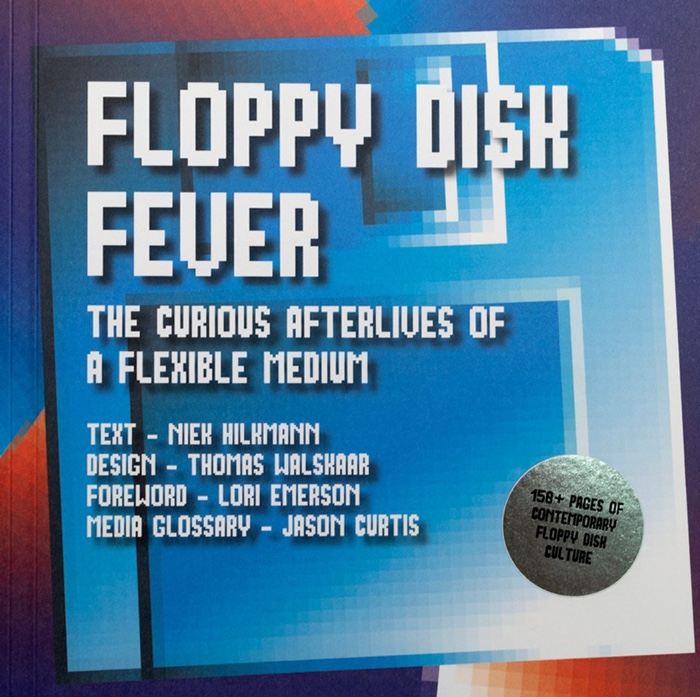
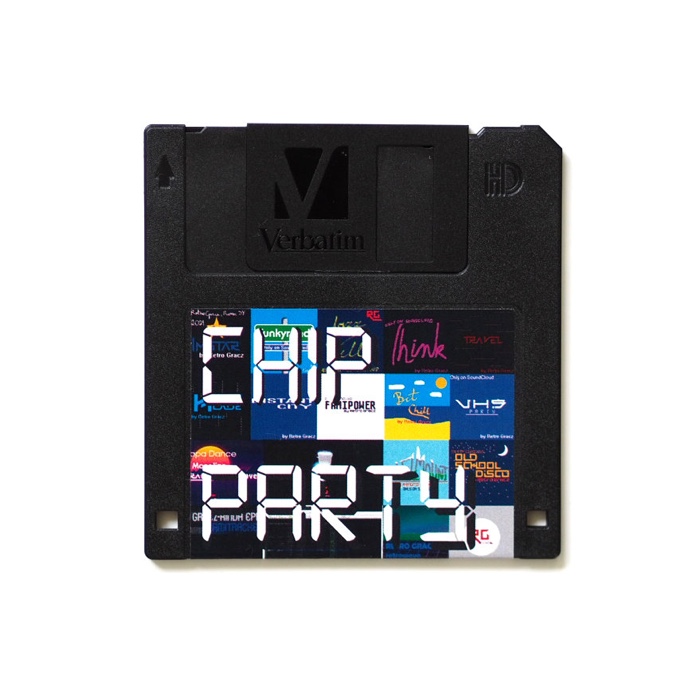
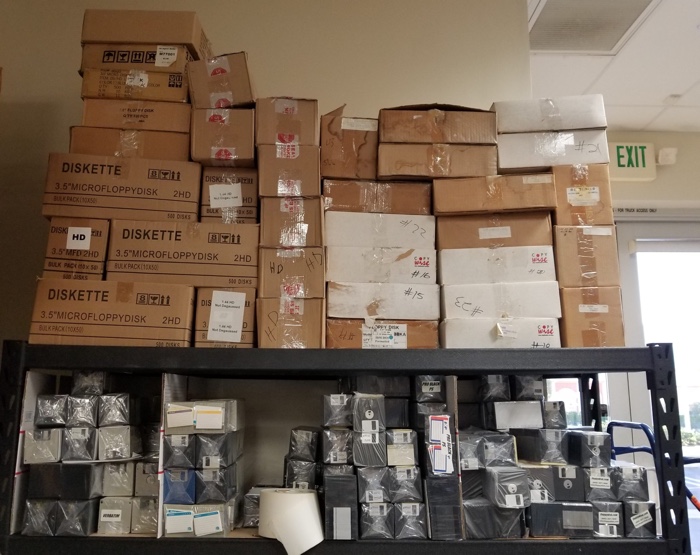
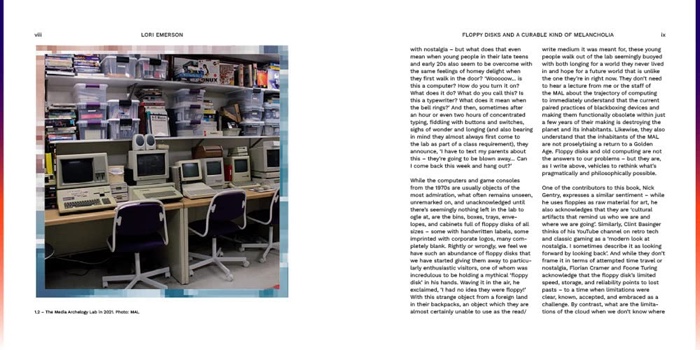
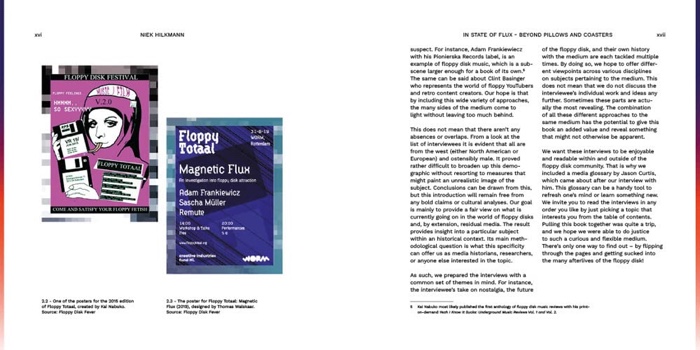


More Stories
MAKING A MARK: Portrait Artist of the Year
Expanding Your Skillset to Respond to Opportunities with Detour
Transplant Links Charity Deck of Cards